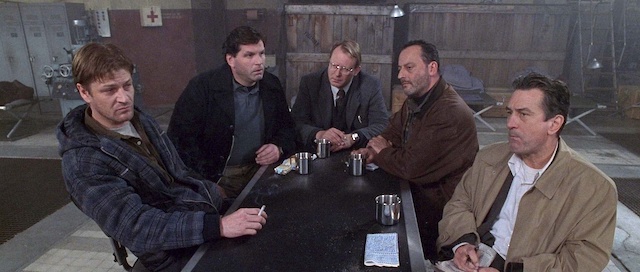Organize To Write Faster

Get Your Writing Ducks in a Row
Starting a novel is exciting. When you have a story idea, you want to sit down and start writing to flesh out your brilliant idea. But as you write, you find you don’t know enough to keep going. This is a beginning novel writer common dilemma.
As you write, you have an idea for a brilliant scene later in the story. Now, where do you put that scene idea until you are ready to write it? And now your protagonist meets a new character, where do you keep information about that character? Because, 50 or 100 pages later, when the character returns, you may not remember where that scar you gave him is.
The worst part is when it’s time to get to that scene or reintroduce the character you search through multiple notes and files trying to remember where you stored that good idea. This searching keeps you from your main goal—writing your story.
Create Nesting Baskets for Your Writing Ducks
You are probably familiar with the advice to keep a notebook by your bed to record ideas that come in the middle of the night. But then you add more notes, and by the time you are ready to get to that idea, you flip back through the notebook searching for that midnight wonder.
The best way to organize your notes is to create a place for notes categorized by how they work for your mystery novel. A scene goes in the novel outline. A character goes in the character backgrounder. The best type of longbow goes into research.
Once you have a story idea, create empty baskets as a place to store your organized notes. It could be a 3-ring binder with sheets, it could be a file folder on your computer, it could be in a story writing software like Scrivener with pre-formatted files. I create mine in the writing software Ulysses.
Creating the baskets to hold all the notes is more important than what vehicle you use to store the notes. When you are first starting out, knowing what baskets to create can be mystifying.
You are creating your own personal reference library to help you write your story. And, just the way a library stores information in a system to find the right material quickly, you want to create a system that does the same thing. When you need a character’s physical trait, or the details of a longbow for a passage in your story, you can find what you need and continue writing.
When you are starting out with your first novel, pick a system and use it. As your writing journey continues, you may refine your system, but using a system is the best way to store and organize all your thoughts.
There are basic organizational components that help you write your story.
Character Backgrounds
Often called a Character Bible, this basket is a place to hold all the characters in your story from the protagonist to the walk-on small bit characters. Along with physical details, you compile a reference to your character’s emotional and intellectual traits, speech patterns and favorite words or phrases, backstory, relationship to other characters, conflict responses, and any other details you want about each character.
For great story planning, add the character’s context in the story. What role do they serve in the story? This helps to keep your minor characters at a minimum. If you find two characters with the same context, you can combine them so your reader won’t be confused.
Story Outline
Depending on your writing style, this can be a full-blown outline or major conflicts, or a scene-by-scene outline. Some writers create a 10-20 page synopsis covering the major flow of the story from beginning to end.
An outline helps as you write. You always know where you are going, even though you write scene by scene.
Story World
World-building creates the place and time of your story. You’ll want details about culture, setting, weather patterns, maps, house plans, images of scene settings, weapon research. Anything that helps your reader understand your story world goes here.
Depending on your world, you may have a law enforcement hierarchy or the chain of command for a reporter’s publication.
Include all the details that bring your story to life.
You may want to create additional containers if your story is specialized. For instance, you may want historical details in a separate basket for a historical novel.
You’ll find creating the baskets at the beginning, even if they are empty, will help you write your story. You’ll fill them up as you progress.
Organization Speeds Writing
You will collect a lot of information for your story. Having an organizational system in place will help you write your novel faster. You won’t spend time searching for lost notes.
Before you begin a new scene, refresh your mind with notes on characters who appear in the scene, floor plans of the building where the scene takes place, and any cultural or item details you want to include. It’s a great method for getting your head into the scene so once you start writing you won’t need to stop to look up a detail.
Systematic organization helps your writing sessions flow.
Photo by JOSHUA COLEMAN on Unsplash




